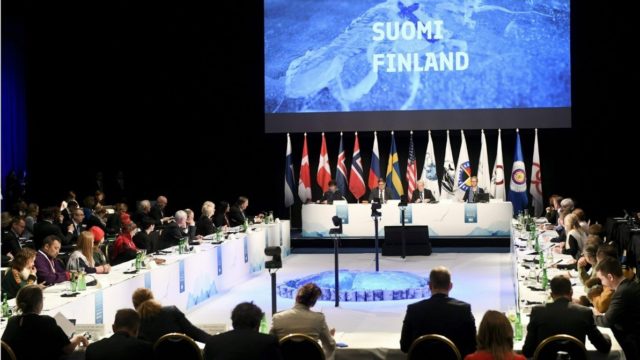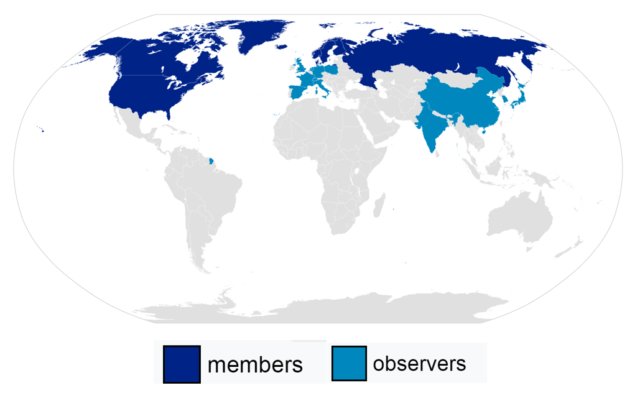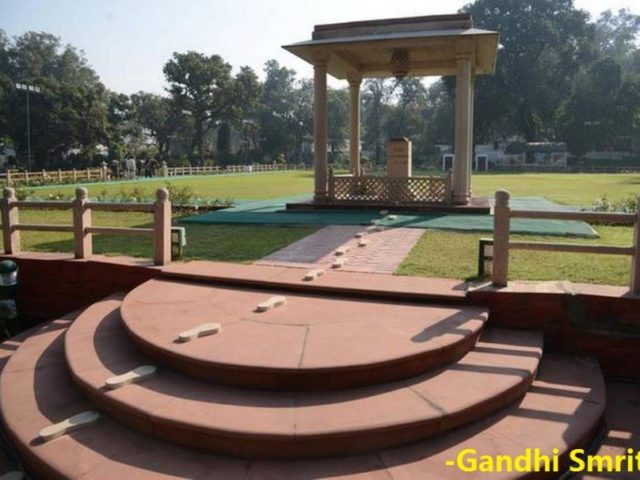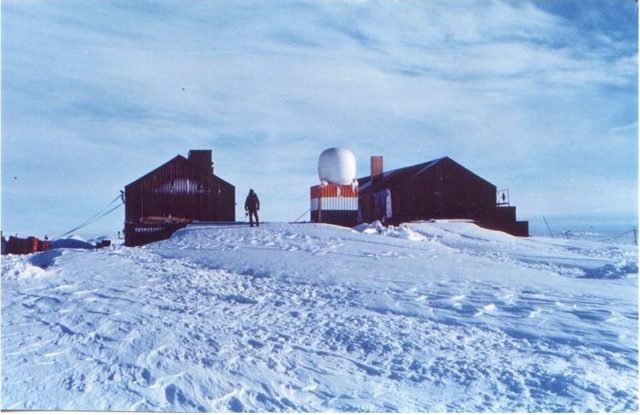PREVIOUS
Arctic Council
May 18 , 2019
2405 days
8140
0
- At the Arctic Council ministerial meeting at Rovaniemi, Finland, India was re-elected as an Observer to the Arctic Council.

- India was first granted the Observer status in 2013, along with five other nations.
Arctic Council
- The Council was established by the eight Arctic States — the countries whose territories fall in the Arctic region — through the Ottawa Declaration of 1996.
- Arctic Council Member Statesare Canada, the Kingdom of Denmark (including Greenland and the Faroe Islands), Finland, Iceland, Norway, Russian Federation, Sweden, and the United States of America.

- They are the only members of the Arctic Council.
- Six organizations representing the indigenous people of the Arctic region have been granted the status of permanent participants.

- All decision-making happens through consensus between the eight members, and in consultation with the permanent participants.
- The Council is not a treaty-based international legal entity like the UN bodies or trade, military or regional groupings like WTO, NATO &
- It is only an intergovernmental ‘forum’ to promote cooperation in regulating the activities in the Arctic region. It is much more informal grouping.
- Chairmanship of the Council rotates every two years. The current chair is Iceland, which serves until the Ministerial meeting in 2021.
Aim
- The overall objectives of Arctic Council are conserving the pristine environment, biodiversity, and the interests and well-being of the local populations.
Observers
- Observer status is open to non-Arctic states approved by the Council at the Ministerial Meetings that occur once every two years.
- Observers have no voting rights in the Council.
- The following 13 Countries are the Observers of the council along with India.
- France
- Germany
- Italian Republic
- Japan
- The Netherlands
- People's Republic of China
- Poland
- Republic of India
- Republic of Korea
- Republic of Singapore
- Spain
- Switzerland
- United Kingdom
- 13 intergovernmental and inter-parliamentary organizations like the UN Environment Programme, and the UN Development Programme.
- 12 other non-governmental organizations are also an Observer to this council.

- Along with India these five other countries China, Italy, Japan, South Korea, and Singapore had been given the Observer status in 2013.
- Prior to this group, only France, Germany, the Netherlands, Poland, Spain and the United Kingdom were granted Observer status.
- In 2017, Switzerland too became an Observer.
- The Observers are not part of the decision-making processes, but they are invited to attend the meetings of the Council, especially at the level of the working groups.
- The Observer status is granted to entities that support the objectives of the Arctic Council.
India in Arctic region
- India is one of the very few countries to set up a permanent station in the Arctic for the purposes of scientific research.
- The polar regions offer some unique opportunities to carry out research related to atmospheric and climate sciences that cannot be done anywhere else.
Himadri
- The Himadri research station, located in Ny Alesund, Svalbard in Norway, about 1200 km south of the North Pole, was started in July 2008.
- The Goa-based National Centre for Antarctic and Ocean Research (NCOAR) is the nodal organization coordinating the research activities at this station.

- Himadri came on the back of India’s three-decade experience of carrying out scientific research in the polar regions of Antarctica which began in 1981.
India - Antarctic
- Dakshin Gangotri - India’s first permanent station in Antarctica was set up way back in 1983.

- Maitri – Set up by India in 1989 on the Schirmacher Oasis
- India built a freshwater lake around Maitri known as Lake Priyadarshini.
- Bharati - Established in 2015.
- Located beside Larsmann Hill
Economic Interest
- The Arctic region is very rich in some minerals, and oil and gas.
- With some parts of the Arctic melting due to global warming, the region also opens up the possibility of new shipping routes that can reduce existing distances.
- The Arctic Council does not prohibit the commercial exploitation of resources in the Arctic.
- It only seeks to ensure that it is done in a sustainable manner without harming the interests of local populations and in conformity with the local environment.
- - - - - - - - - - - - - -
Leave a Reply
Your Comment is awaiting moderation.


